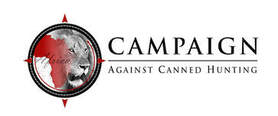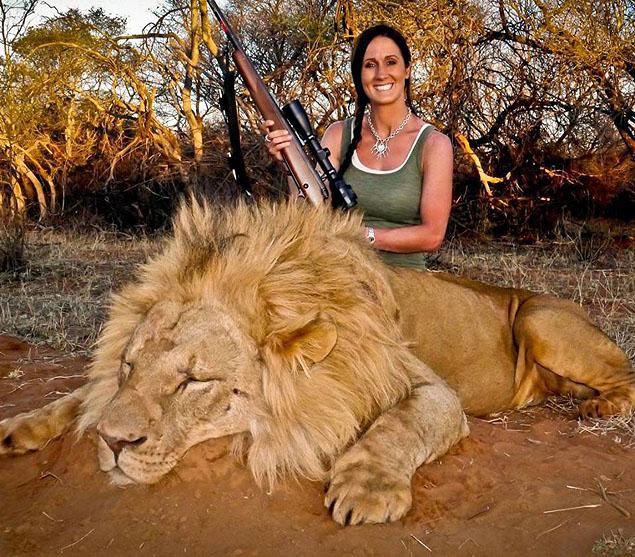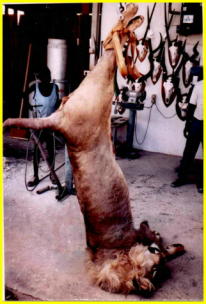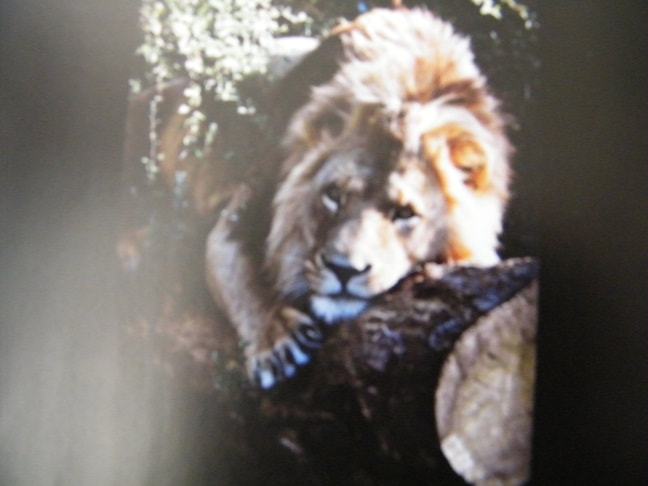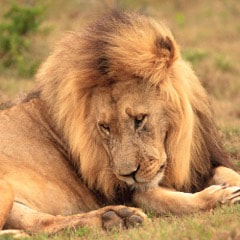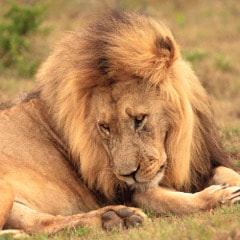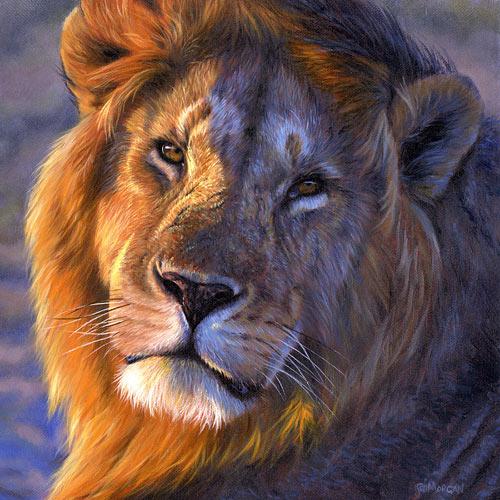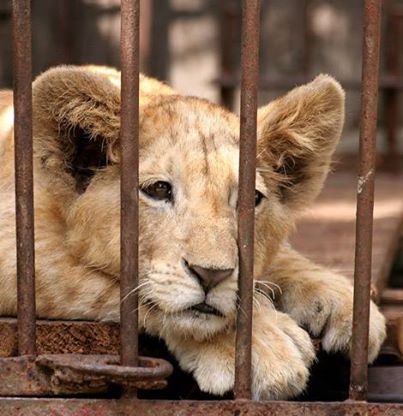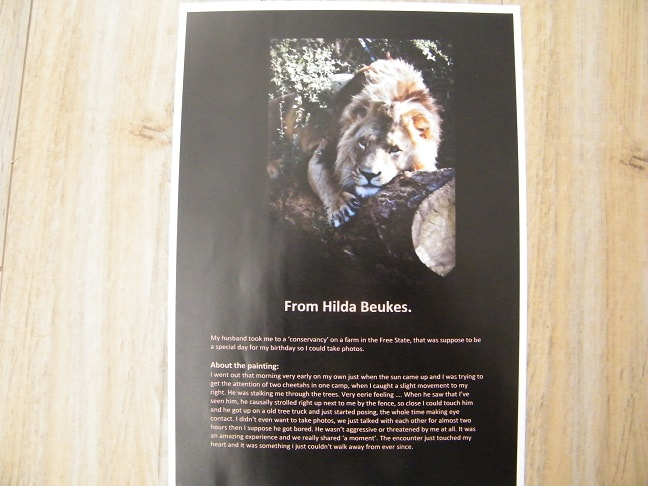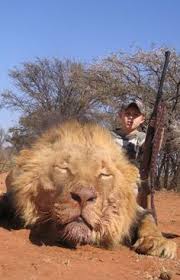Hot off the press, the decision of the High Court in the matter of the National Council of the SPCA against the lion farmers and their stooges in government, is causing quite a stir.
The NSPCA challenged the legality of the way the SA government determined the export quotas for lion bones. In particular, it challenged the minister’s conservation dogma that animal welfare had nothing to do with the Department of Environment.
You can read the full judgement of the High Court here:
https://emsfoundation.org.za/wp-content/uploads/Judgment-Lion-Bone-case-6-August-2019.pdf
So as you can see, the High Court decision was essentially moot; it related to the 800- carcass quota for 2017 and the 1500- carcass quota for 2018, both of which quotas had already been exported. Clearly though, the decision that the quotas were determined illegally and without taking all relevant factors into account will have a salutary effect upon future quota settings.
Much of the judgement relates to the importance of the government taking animal welfare considerations into account in all aspects of conservation but specifically here in the setting of export quotas. Many lions are kept in appalling conditions in South Africa. The lion bone trade wants bones so a skeletal lion is much more profitable than a healthy animal who needs to be fed better to remain healthy.
Had I been arguing the case, I would have pointed out that it is quite impossible to effectively manage the lion population or indeed any wildlife population without including animal welfare considerations within the current conservation paradigm of sustainable use.
(Sustainable use is the theory; sustained abuse is the practice)
The reason is this: I have personally been told by any number of conservation officials: “don’t bother us with animal welfare. Animal welfare is no part of our mandate. We are only concerned with population numbers.”
So as far as they’re concerned, they just count the numbers. If the numbers of animals go up they pat themselves on the back and say what a wonderful job they’re doing. If the numbers go down, then they pretend that they have to do something about it.
The inevitable result of this narrow numbers based approach to sustainable use is that the condition of the animals composing the wildlife populations becomes irrelevant. This is so wrong.
It is highly relevant to conservation and to sustainable use that three quarters of the species are now in miserable captive conditions being starved to death for the lion bone market where as conservationists are treating them as if they were part of the ecology/environment.
So what happens now?
My guess is that this judgement will be honoured more in the breach than in the observance by South African government conservation structures. They will continue to support lion farming and the export of lion bones and rely on the fact that anyone challenging their thumb- suck quotas will have to take them to the High Court, a remedy which is obscenely expensive, coin- tossingly uncertain and slower than cancer.
